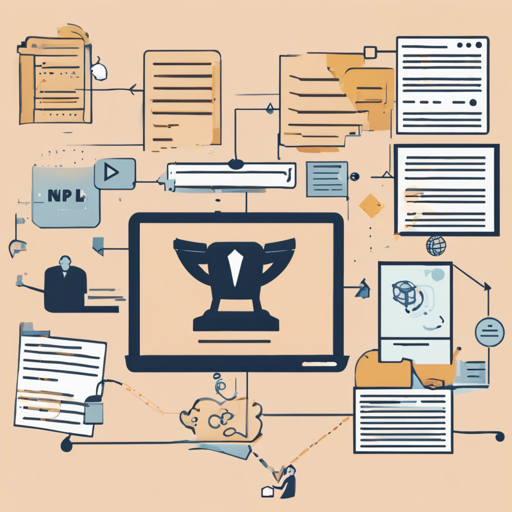Natural Language Processing (NLP) is a powerful technology that enables machines to understand and interpret human language. When applied to the legal domain, NLP can significantly enhance efficiency and accuracy in law-related tasks. In this article, we will take you through the steps to leverage NLP in law, making complex concepts accessible and user-friendly.
Understanding NLP in Law
NLP can be likened to a legal assistant that reads and analyzes large volumes of legal texts, extracting pertinent information and providing insights. Just as a paralegal helps attorneys by researching case law and summarizing documents, NLP software can process vast datasets, making it easier for legal professionals to make informed decisions.
Steps to Implement NLP for Legal Applications
- Gather Your Dataset: Begin by collecting legal documents, case studies, or other relevant texts. The quality of your data is crucial for developing an effective NLP model.
- Choose Your Tools: Select programming languages and frameworks that support NLP tasks, such as Python with libraries like NLTK or SpaCy.
- Preprocess Your Data: Clean and format your text to remove any noise that might disrupt the analysis. This includes removing stop words and tokenizing your text.
- Develop Your Model: Use machine learning techniques to train your NLP model on your legal dataset. This step involves tuning your algorithms to enhance performance.
- Evaluate and Optimize: After training, evaluate the model’s effectiveness using metrics like precision and recall, making adjustments as necessary to improve accuracy.
- Deploy Your Model: Integrate the NLP model into a user-friendly application that legal professionals can easily use to gain insights from documents.
Troubleshooting Common Issues
Encountering challenges during your NLP project is common. Here are some troubleshooting ideas:
- Data Quality Issues: Ensure that your collected dataset is comprehensive and free from errors. Poor data quality can significantly impact your model’s performance.
- Model Accuracy Problems: If your model is not performing as expected, revisit your preprocessing steps. Sometimes additional cleaning or re-evaluating tokenization can lead to improved results.
- Integration Challenges: If your NLP model isn’t integrating smoothly into applications, check for compatibility with other software and APIs.
For more insights, updates, or to collaborate on AI development projects, stay connected with fxis.ai.
Conclusion
If approached systematically, leveraging NLP in the legal sector can bring about transformative changes. By using the steps outlined above, you can ensure that your projects yield fruitful results and contribute to better legal practices. At fxis.ai, we believe that such advancements are crucial for the future of AI, as they enable more comprehensive and effective solutions. Our team is continually exploring new methodologies to push the envelope in artificial intelligence, ensuring that our clients benefit from the latest technological innovations.

